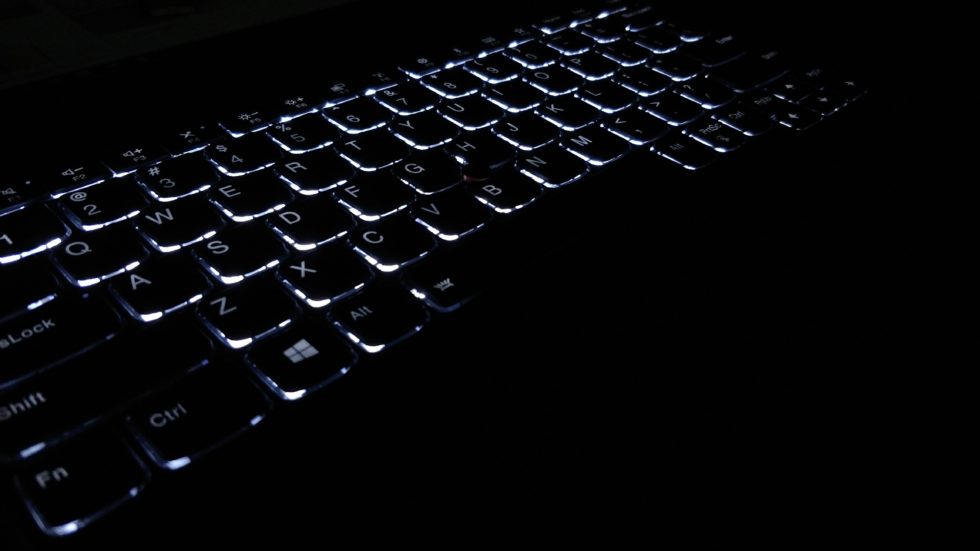Without further boring you – let’s get right into it.
1. Restart Your Computer at least Once a Week!
1. Flushes RAM – RAM stands for Random Access Memory and is your computer’s main type of memory. It’s also known as volatile memory because it is constantly in flux. RAM handles short-term tasks and data. Therefore, when you restart your computer, you flush out all the random, unimportant, and temporary data bogging down your device.
2. Speeds up Performance – Reboots are known to keep computers running quickly. By flushing the RAM, your computer can run a lot faster without all those temporary files piled onto your PC’s memory.
3. Stops Memory Leaks – These occur when a program doesn’t close properly. Many programs borrow your computer’s RAM while open then return it when you close the program out. However, outdated, overused or glitch programs may end up forgetting to return that memory, resulting in memory leaks. Rebooting can help prevent memory leaks from occurring.
4. Fixes Internet Connection – Sometimes computers lose their connection to the Internet and will need to be reset. The first plan of action is to restart your computer. Restarting will reset the connection. However, please note that if restarting your computer doesn’t solve your connectivity issues, you may have to reboot your router or require further servicing.
5. Bug Fixes – Computers that go without reboots for extended periods are prone to an assortment of irksome bugs and glitches. These annoyances include programs running at a slower pace than usual, unexpected system freeze-ups. Rebooting your computer will prevent the systems’ processors from becoming overloaded and provide them with ample time to recharge.
6. Saves Time – Rebooting your computer is one of the quickest ways you can fix an error with your machine. By following our guide for when to restart, you can avoid sacrificing time out of your work day. You will also be saving time that could be potentially wasted on future device sluggishness or potential bugs.
2. Back-up Your Data
You’ve probably heard this a lot. In this day and age where everything is moving towards being digitized, all our important data usually stays on the hard-disks of our computer. And as you may very well know, computers can go crazy once in a while to an extent where there is a great risk of losing important data. The best idea is to have a secondary external hard disk where you can safely store all your data once in a while (at least once a month if not more frequently). The other option is to have it stored to a cloud service. If you have more questions about it, please feel free to contact us.
3. Windows Updates
It’s always a good idea to have your windows updated to the most recent and tested version. In terms of minor updates, always have the latest one installed on your computer. If there is a major upgrade available, it is a good idea to wait a good week or two in case there are bugs that may potentially break your machine – the waiting time helps with these being patched up before you update.
4. Using a Cleanup Utility
The best one that we use and recommend is called CCleaner – it’s a good idea go through this process once a month on your computer. This can be downloaded from here. Once downloaded, please install it on your machine.
- Make sure to uncheck the box when installing:

- Once installed, launch the program. The first thing to do is to clean-up cached files:

- Then, click on Registry > Scan for Issues > Fix Selected Issues:

- You will be prompted to create a backup – create the backup and click on:

You’re all done!
5. A Good Anti-Virus
Although Microsoft has tremendously improved it’s Defender on Windows 10, it’s still a good idea to have a dedicated anti-virus installed on your machine.



